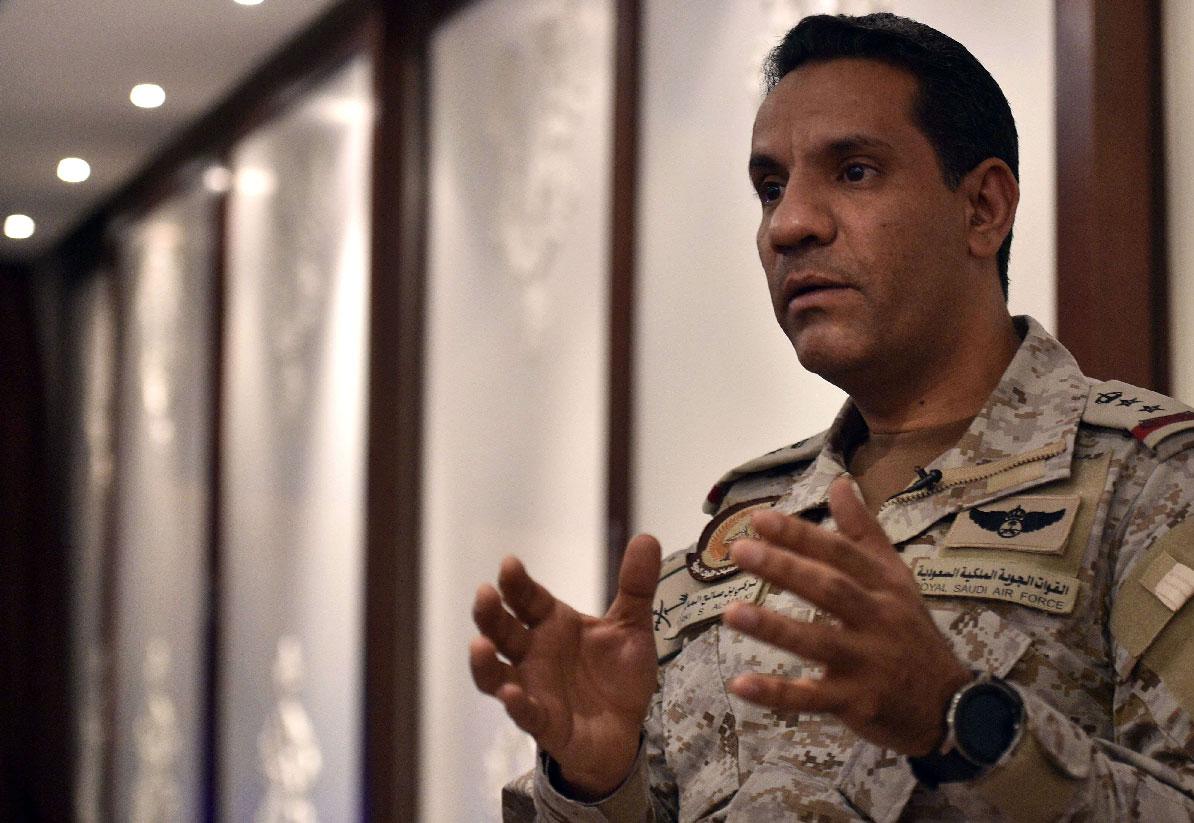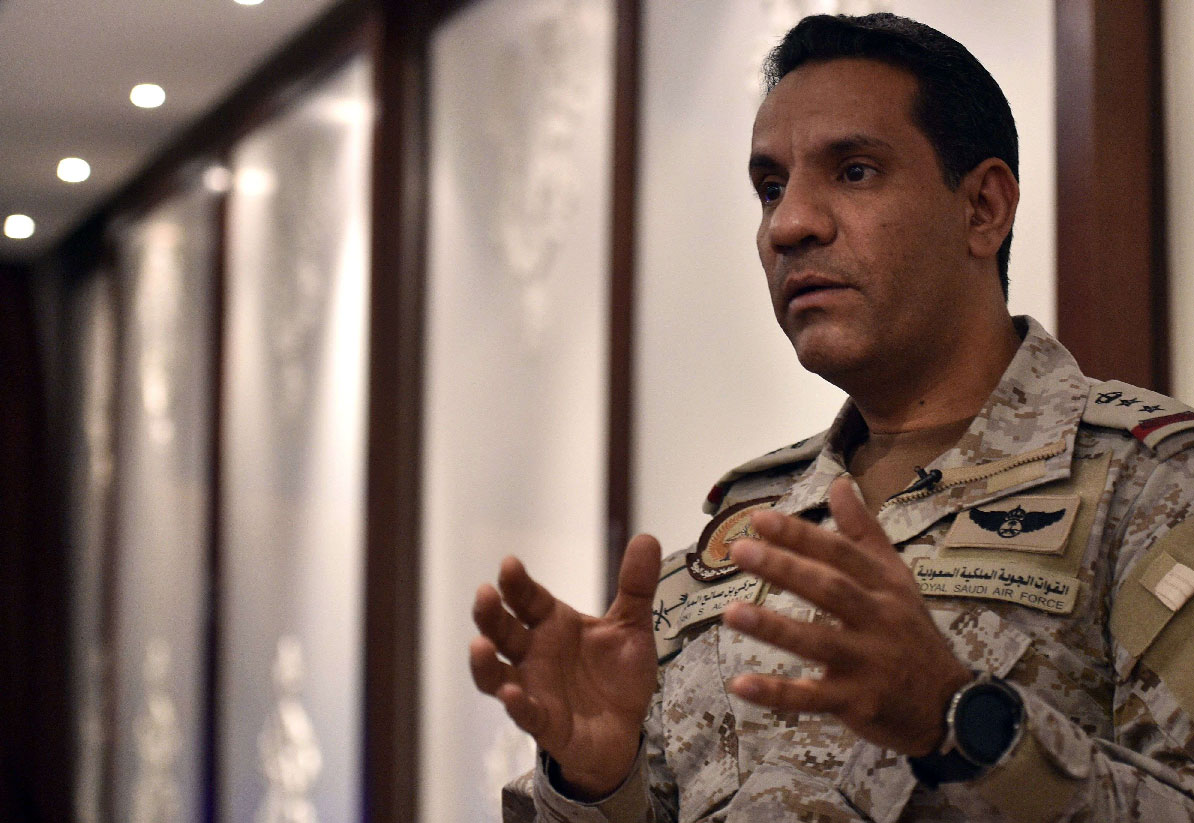Huthi missiles target Saudi desalination plant
RIYADH - Yemen's Iran-aligned Huthis launched a projectile into southern Saudi Arabia late on Wednesday which Saudi-led coalition spokesman Turki al-Maliki said landed near a desalination plant without causing damage or casualties.
The Huthis - who threatened last month to attack 300 vital military targets in Saudi Arabia, the United Arab Emirates and Yemen - announced via their Al Masirah TV that a cruise missile they fired had struck an electricity station in the Shuqaiq area of Jizan.
A Saudi-based industry source said the strike targeted a power transformer station near the plant, which led to a small fire that was quickly dowsed and did not impact operations.
US President Donald Trump was briefed on the reported strike and the White House was monitoring the situation, spokeswoman Sarah Sanders said, amid mounting fears that a military confrontation could erupt between Tehran and Washington.
Pentagon spokeswoman Navy Commander Rebecca Rebarich said such attacks were "a significant cause for concern and (put) innocent lives at risk".
The Yemen conflict is widely seen as a proxy war between Iran and Saudi Arabia, a US ally, though the Huthis deny taking orders from Tehran. The group has stepped up missile and drone attacks on Saudi Arabia in recent months as tensions increased between Iran and the United States.
Concern about a war in the region has grown following attacks on two oil tankers in the Gulf of Oman last week and on four tankers off the United Arab Emirates on May 12, both near the Strait of Hormuz, a major conduit for global oil supplies.
The United States and Saudi Arabia blamed Iran, which has denied responsibility.
To counter what Washington says are threats from Iran, the US military has sent forces including aircraft carriers, B-52 bombers and troops to the Middle East. But the United States, Iran and Saudi Arabia have all said they do not want a war in the region.
Tension between Iran and the United States has spiked since last year when Trump withdrew from a 2015 nuclear deal between Iran and major powers and reimposed sanctions on Tehran, with relations reaching their most fractious point so far following the attacks on the oil tankers.
Iran on Thursday said it shot down a US drone, which the elite Revolutionary Guards said was flying over southern Iran. A US official said it had been shot down in international airspace over the Strait of Hormuz.
The Iran-backed Huthis meanwhile targeted two Saudi oil pumping stations last month, and a Huthi attack last week on an international airport in the southwestern city of Abha wounded 26 civilians, drawing promises of "stern action" from the coalition.
Human Rights Watch denounced last week's airport strike as an apparent "war crime", urging the Huthis to immediately stop all attacks on civilian infrastructure in Saudi Arabia.
The group, which ousted the Saudi-backed internationally recognised government from power in Yemen's capital Sanaa in late 2014, have stepped up attacks on Saudi Arabia after a lull last year ahead of UN-led efforts to end the war.
Saudi state media meanwhile have reported an intensification of coalition air raids on rebel positions in the northern Yemeni province of Hajjah and the capital Sanaa.
The coalition intervened in support of the Yemeni government in 2015 when President Abedrabbo Mansour Hadi fled into Saudi exile as the rebels closed in on his last remaining territory in and around second city Aden.
Since then, the conflict has killed tens of thousands of people, many of them civilians, relief agencies say.
It has triggered what the UN describes as the world's worst humanitarian crisis, with more than 24 million Yemenis -- more than two-thirds of the population -- in need of aid and the country on the brink of famine.



